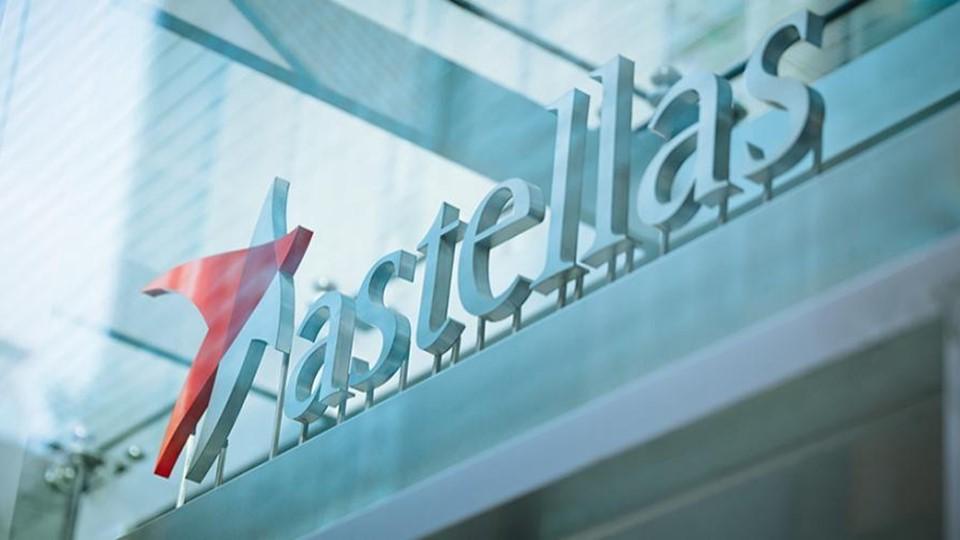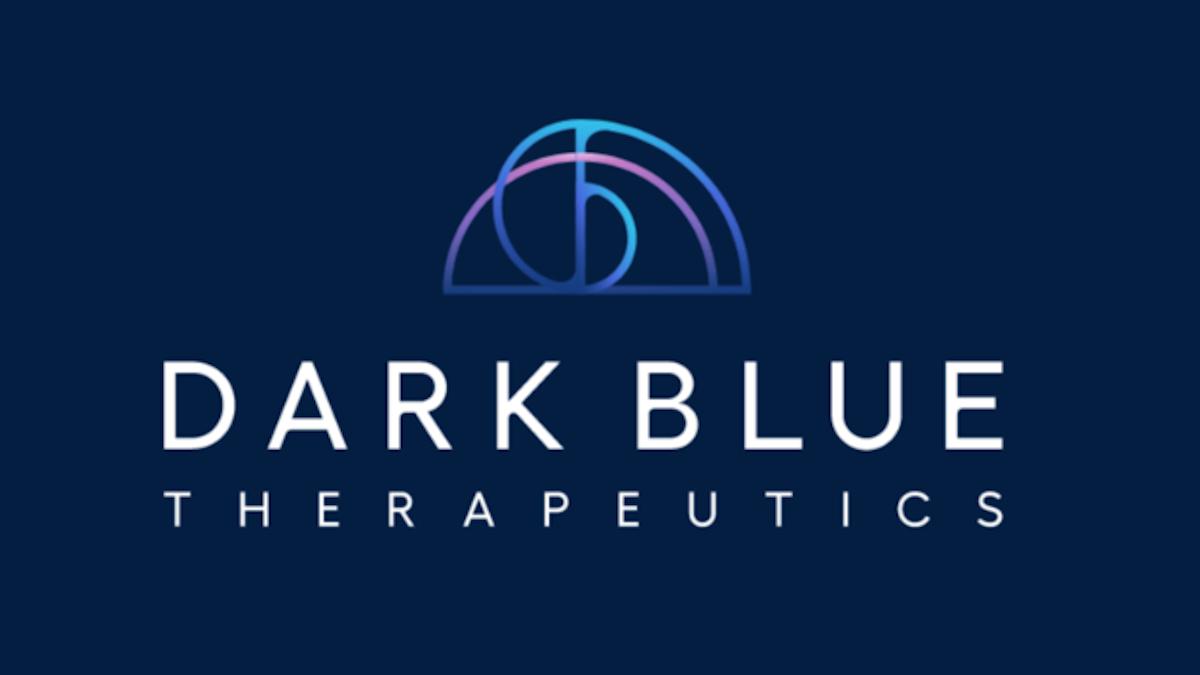Astellas builds in protein degraders with PeptiDream deal

Astellas has made another move into the area of protein degrader drugs, announcing its second partnership in the category in the space of two months.
The latest agreement with Japanese biotech PeptiDream includes an upfront payment of 3 billion yen ($21 million) and spans two undisclosed targets, each with the potential to generate up to 20.6 billion yen (around $146 million) in discovery, development, and sales milestones. Astellas is also taking an option to partner up to three additional targets.
The PeptiDream alliance comes just a few weeks after Astellas paid $35 million upfront to partner with US start-up Cullgen on multiple protein degrader programmes, in a deal that could be worth up to $1.9 billion.
Protein degrader drugs harness the natural protein-denaturing machinery in cells to remove rogue proteins associated with disease and have been proposed as a way to address a wide range of 'undruggable' targets.
Astellas has made protein degradation a key part of its R&D strategy and has already advanced its own in-house candidate into phase 1 testing, namely ASP3082, a novel protein degrader that targets mutated KRAS G12D and is in the same class as Amgen's Lumakras (sotorasib) and Mirati's Krazati (adagrasib).
It also has a smaller, $180 million alliance in place with Cambridge, Massachusetts-based start-up Generian, signed a year ago, which focuses on the discovery and development of small-molecule drugs that can activate, stabilise, or degrade proteins.
Astellas wants to tap into PeptiDream's PDPS (Peptide Discovery Platform System) technology, which generates macrocyclic peptides that either act as medicines in their own right or can serve as targeting mechanisms for another therapeutic payload.
The platform has already attracted a string of big-ticket deals with biopharma companies. Earlier this year, for example, both Eli Lilly and Merck & Co expanded earlier alliances with PeptiDream, committing up to $2.1 billion and $1.2 billion, respectively, to beef up the programmes.
Just yesterday, the Japanese company got an undisclosed milestone payment from Merck after one of the peptide candidates identified in their alliance started phase 1 testing.
All told, PeptiDream has 11 pharma partners, with Bristol-Myers Squibb, Genentech, Janssen, Novartis, Takeda, Taiho Pharma, and ONO Pharma also tapping into its PDPS technology. It's also working on its own in-house projects in Duchenne muscular dystrophy and influenza.
PeptiDream's chief operating officer, Keiichi Masuya, said the Astellas deal "further validates the potential of our PDPS technology to obtain highly selective peptides, which enables creative approaches in the area of targeted protein degraders."












